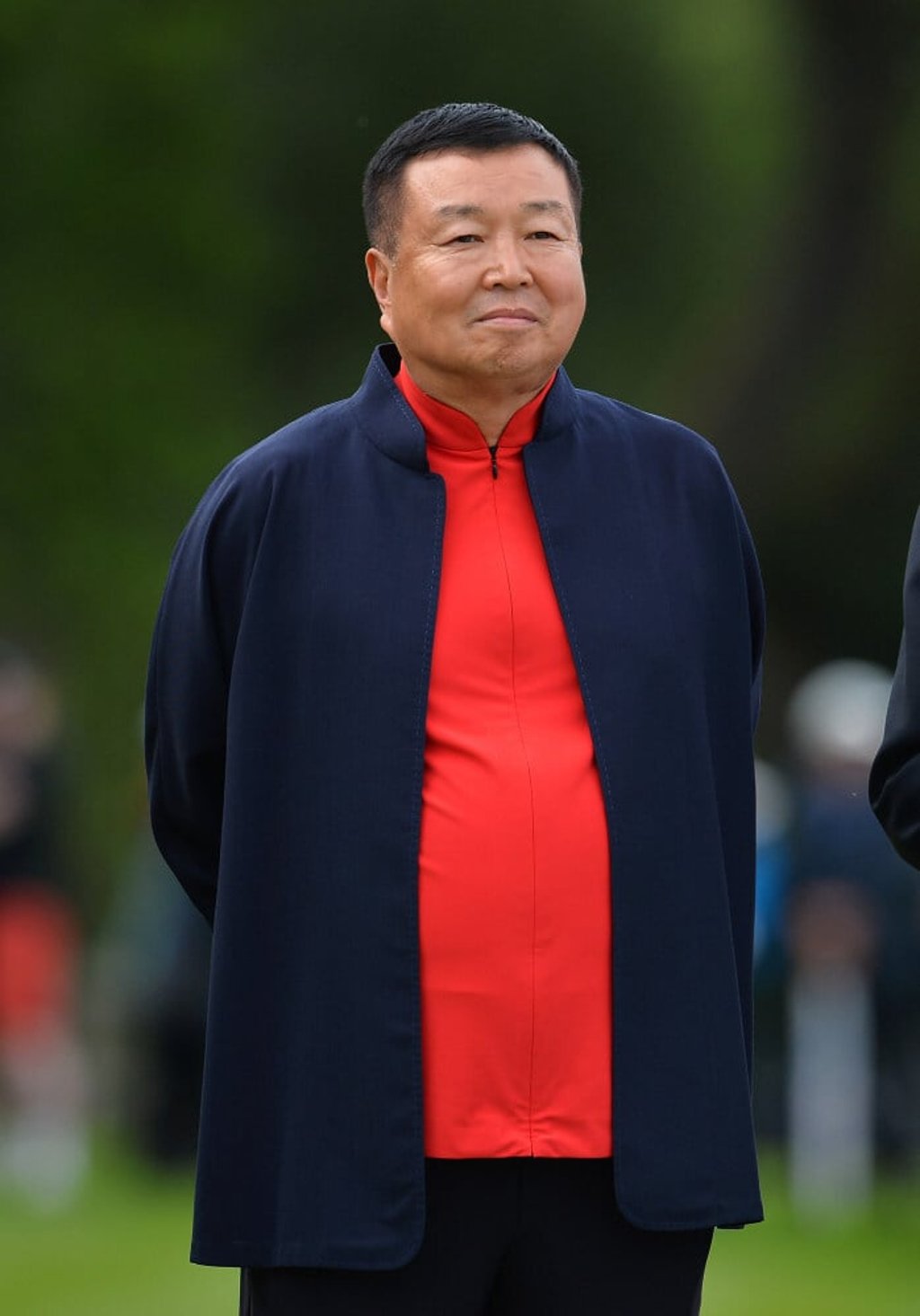Battle for Wentworth: the ‘culture clash’ between a Thai- Chinese billionaire and members of a prestigious English golf club
- Yan Bin’s plans to reshape a golf club he had acquired set the scene for a showdown between West and East, old and new, the affluent and the very affluent

Like all exiles, Michael Fleming remembers when his separation from home soil began: October 20, 2015. A Tuesday. That year, Fleming was captain of Wentworth, an old, prestigious golf club in Surrey, England. The club had recently been bought by a Chinese firm, Reignwood, and an annual general meeting was scheduled for the 20th. That morning, having drafted his speech, Fleming was in his dentistry clinic when he received the email.
Brace for change, Wentworth wrote to Fleming and his colleagues, outlining its planned announcements at the AGM: a wild increase in membership fees and the number of members drained from about 4,000 to just a few hundred. A “barmy” decision, chat-show host and long-time member Michael Parkinson had told The Mail on Sunday newspaper, which had scooped the details two days earlier. BBC golf commentator Peter Alliss complained that Reignwood was “bringing an Asian philosophy to Britain”. Fleming, whose manner is so mild it is hard to imagine him yelling “Fore!”, was shocked. He began rewriting his speech.
The AGM that evening was standing room only: a couple of hundred fretful people packed into the club’s ballroom. Stephen Gibson, Wentworth’s new CEO, laid out the coming transformation. Wentworth ought to be “the Augusta of Europe”, Gibson said, as coveted and rarefied as the Georgia, United States-based club that hosts the Masters, and presumably as moneyed.
To this end, members would have to reapply to join, paying £100,000 (US$140,000) for a debenture – in essence loaning the money to Reignwood and its owner, a Thai-Chinese billionaire named Yan Bin, for a term of 50 years. Members would also have to fork out higher annual dues: £10,000 for an individual or £16,000 for a family, where previously a family had paid about £8,000.

Even if all the members could afford this – a remote possibility, since the club was home not just to multimillionaires and CEOs, but also estate agents and dentists – not everyone would get back in. To make things exclusive, Yan wanted to issue just 888 debentures. The number may be lucky in China, but not so much at Wentworth, since three-quarters of the members stood to lose their memberships altogether.
“There were ructions,” one attender tells me. “People were very upset.” One member, Stanley Simmons, now in his 80s and once Queen Elizabeth’s physician, protested. He had been at Wentworth for more than 50 years, he said, and he recognised that he did not have many rounds left to play. Why would he spend a fresh £100,000? Gibson’s response, another member recalled, was: “Don’t worry, Sir Stanley, you can bequeath it.”